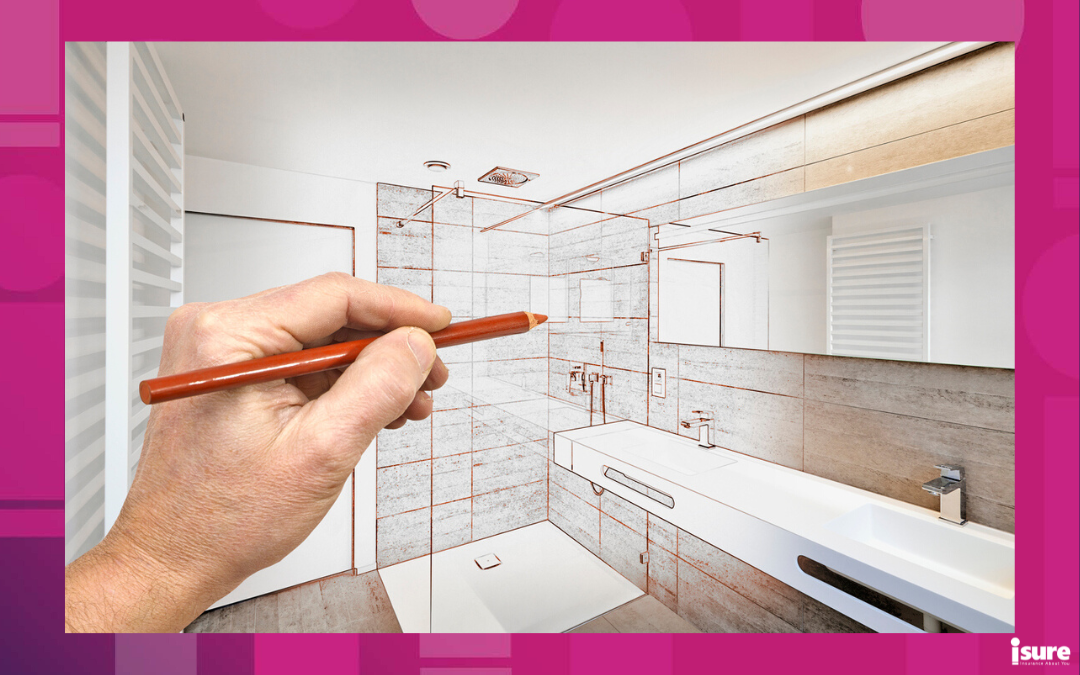A swimming pool may be a fun way to relax in the summer sun, but it can also be a liability. So, before you install a pool on your property, there are several factors to consider. In this article, we will look at how swimming pools can affect your home insurance.
Owning a swimming pool
While owning a pool offers many advantages, they are a considerable investment. The average pool can cost $25,000 to $50,000 to install and does not include annual maintenance fees. Pools also come with increased risk. Slips and falls on wet surfaces and drowning, most notably. They may also attract unwanted attention from both human and creature trespassers.
Depending on your homeowners’ policy, you may be covered financially from certain incidents. However, a swimming pool comes with very specific rules and coverage. So, it’s important to discuss your insurance needs with your isure broker or insurance company.
Types of outdoor pools
The type of pool you have will affect the insurance coverage you’ll need:
- Above ground pools: Considered personal property because you can drain and relocate it. Therefore, if it incurs damage, you won’t receive the same amount of financial protection as if it was considered a permanent structure.
- In-ground pools: Are generally considered an “other structure” on your policy. This means you must purchase additional coverage to protect it from damage. Cost will depend largely on the cost to replace your pool.
Does insurance cover swimming pools?
If you are in the market for a home with a pool or looking to install one, it will impact your costs. This applies to all types: above ground, in-ground pools and indoor pools. There are two main ways a pool can affect your home insurance:
- They raise your property value.
- They increase your level of risk on your home policy.
Both of these factors play into your costs, as well as setting your policy limits. As your property is more valuable with a pool, you will therefore need to increase your limits to make sure it matches your home’s replacement value.
One of the more important factors that affect home insurance costs is the rebuild value or replacement cost. How much will it cost to rebuild your home if it is destroyed? The higher the replacement cost of your home means you will pay more for home insurance.
Indoor pools and home insurance
Indoor pools aren’t really any safer than outdoor pools. Accounting for added risk within your home insurance policy—if it’s not already included—is also key. Any complications that may occur should unforeseen incidents cause water damage outside of regular wear and tear will need to be considered when calculating the premium, as well. Before having your pool installed, it’s best to understand how it can affect your home insurance premium, and what may help keep your rate under control.
Most homes that have an indoor pool will be classified as a luxury home and will likely be part of a specialty insurance market. Someone who is in that bracket typically will have an excess liability policy in place anyway.
How much does a pool raise insurance?
Depending on the size, type and value of the pool, estimates can range from $30-$75 extra per month to insure your pool against damage. It doesn’t seem too bad when you consider a ripped pool liner can cost thousands to repair or replace.
Pool insurance considerations
Regardless of the style or size of a home, it is vital to have the right amount of protection for your property. To protect yourself from liability claims and damages, you should probably consider:
- Increasing your liability coverage: Liability is a standard part of your policy. Since having a pool adds a layer of risk, increasing your limits will cover you should you be found liable if someone is hurt using it.
- Umbrella coverage: A potential hazard on your property (like a swimming pool) can be the site of a catastrophic injury. This provides you with an extra layer of protection once you exceed your liability amount. Speak with your isure broker to assess your needs.
What are pool insurance requirements?
Although rules and regulations for swimming pools change between municipalities, it is important to always consider these safety measures:
- A pool enclosure permit to build a new pool.
- Building a fence on the neighbour’s shared property line requires written approval to build by your neighbour.
- In-ground pools should be at least 1.2 metres deep.
- Pools can’t be easily climbed (for child safety).
- Build an enclosure around the pool (backyard fences usually count).
As all pools require a pool enclosure, all pools, therefore, have to go through a permit process. For example in Toronto, to get the permit, you must first obtain a Zoning Certificate. This can be done by completing the Zoning Form and emailing it to [email protected].
- Keep your gate fence locked when you’re not supervising the pool.
- Be sure that any child using the pool is well supervised.
- Ensure that everything in the pool is in proper working order, such as the pump, diving board, and slide.
- Keep life-saving flotation devices nearby for emergency use.
- Be cautious with the use of alcohol at pool parties or even when the pool is not in use. No glass near the pool!
- Post pool safety rules and remind all family members and guests about them before they go for a dip.
- Make everyone use the pool in pairs so that there’s always someone around to help, if needed. Never swim solo!
Whenever you decide to make changes or renovations of any kind to your home, be sure to notify your isure representative. We can help guide you towards the appropriate amount of pool insurance coverage you’ll need for your pool and home insurance needs.




